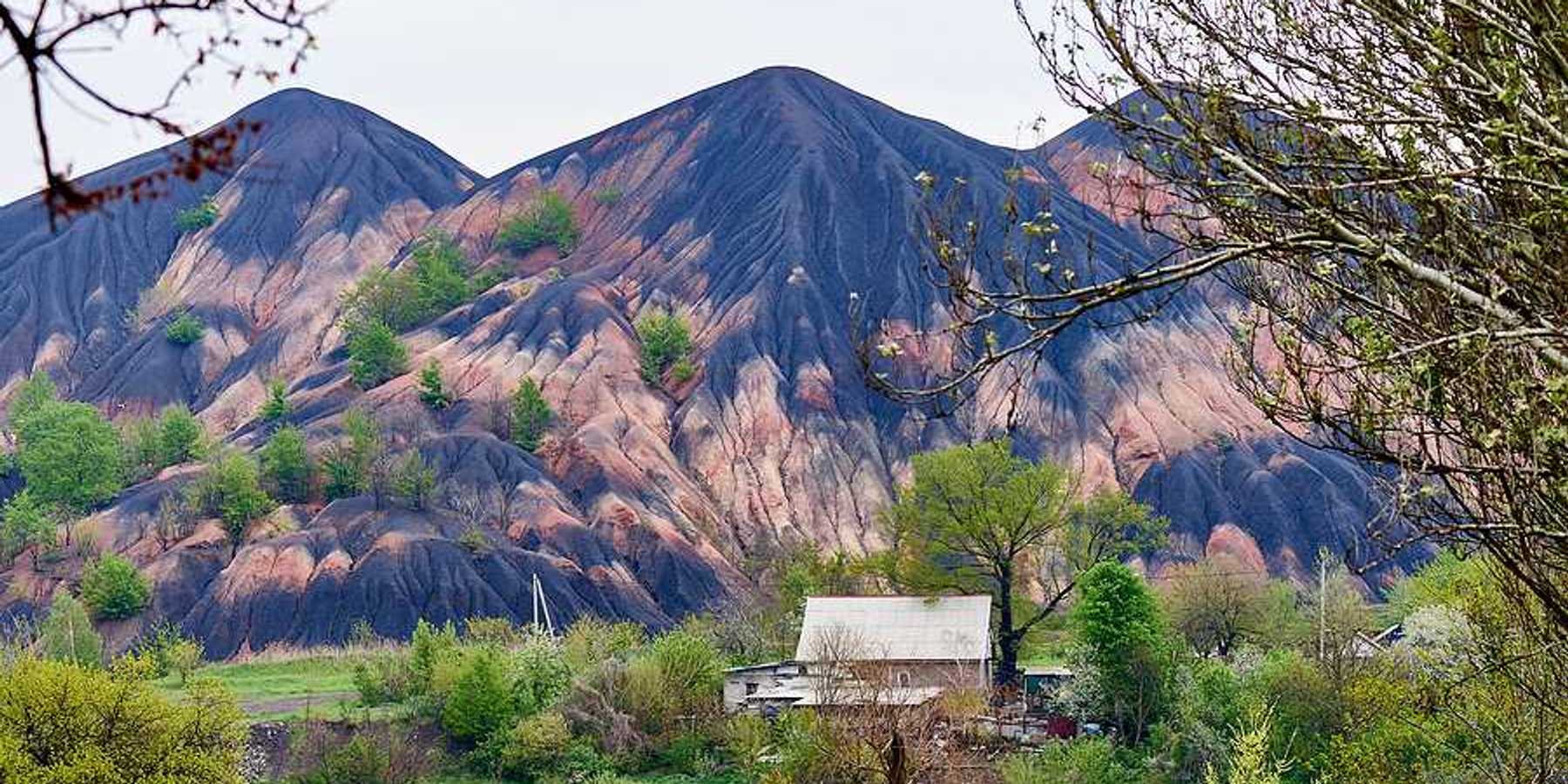Michelle Wyman: For infrastructure of the future, focus on resilience
NCSE 2019 conference: Leading with science, paving the way to a sustainable future.
Editor's note: Environmental Health Sciences is proud to be a media partner with the National Council for Science and the Environment and will be at their annual conference Jan. 8-10.
The National Council for Science and the Environment is ringing in the new year with the NCSE 2019 annual conference focusing on the fundamental theme of "sustainable infrastructure & resilience."
Year after year, the NCSE community comes together as a collection of some of the most cutting-edge, relevant, and pertinent ideas on the cusp of science and environmental policy. NCSE brings together more than 700 scientists, educators, policy-makers, researchers, government officials, civil society members, and business leaders to work towards building a collective, sustainable future.
This year's conference theme builds upon the "science, business, and education of sustainable infrastructure" narrative from the NCSE 2018 conference. We are committed to improving and enhancing our built, natural, social, and cyber infrastructure. Equally important and worthy of exploration: The theme of resilience and the vital role resiliency plays in promoting sustainability.
Resiliency—commonly understood as the ability to withstand, adapt, and bounce back—goes hand in hand with our broad-based definition of sustainable infrastructure. The theme of this year's conference runs central to our lives and lived experiences. From the natural to the social, built, and cyber infrastructure, the resiliency and sustainability of our environment enables us to face and overcome some of our most pressing challenges confronting communities the world over.
This year's sessions cover an array of topics such as coastal resiliency, environment and health, transportation, and energy. Attendees will hear from a diverse pool of business leaders—UPS, the SPECTRUM group, Siemens, and Tesla—on their investments in research and innovative approaches to sustainability and carbon utilization. Keynote presenters include Carl Page, president of the Anthropocene Institute; Jeff Nesbit, executive director of Climate Nexus; and Julia Marton-Lefévre, former director general of the International Union for Conservation of Nature. Visit our website to review the sessions, read about our speakers—and of course to register for this important event.
We invite you to be a part of the NCSE community and to network with hundreds of individuals, visit exhibits, and honor the leaders in the field. We look forward to welcoming you in Washington D.C. this January. Online registration is open until January 2. Join the dialogue, share your science and work, and be a part of building a resilient and sustainable future at the NCSE 2019 Annual Conference.
Michelle Wyman is executive director of the National Council for Science and the Environment













